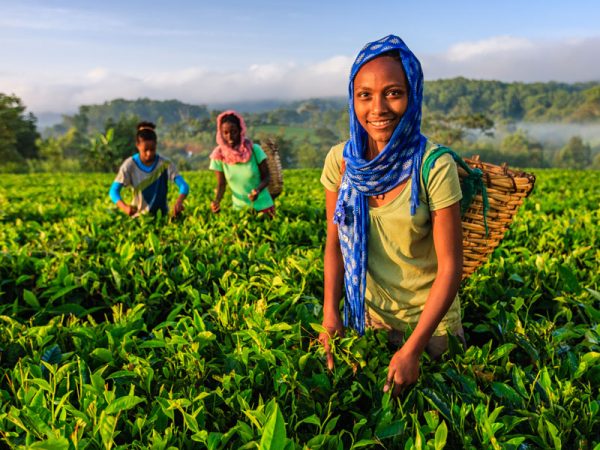The combined GDP of all African countries, currently estimated at $2.8 trillion in 2024, is partly fueled by the strengths of Africa’s super five economies. These nations not only drive economic activity but also play crucial roles in shaping the continent’s future growth trajectory.
African Economic Growth in 2024
According to projections by the International Monetary Fund (IMF), Africa’s GDP growth in 2024 is expected to be robust, with the continent accounting for eleven of the world’s 20 fastest-growing economies.
However, the distribution of this growth remains uneven. The IMF report highlights that the combined GDP of the top five economies—South Africa, Egypt, Algeria, Nigeria, and Ethiopia—totals $1.4 trillion, making up half of the total GDP of all African nations.
Meanwhile, the rest of Africa, 48 countries in total, also has a combined GDP of $1.4 trillion, dividing Africa into two economic halves.
- Advertisement -
Top 5 Countries Driving Africa’s Economic Growth
1. South Africa – GDP: $373.23 billion
South Africa’s economic strength stems from its well-developed financial markets, vibrant manufacturing sector, and rich natural resources. The mining industry, particularly in gold and platinum, contributes 8% to GDP, while Johannesburg serves as a major financial hub.
Despite challenges such as high unemployment and social inequality, South Africa’s diverse economy continues to position it as a key player in Africa’s economic landscape.
2. Egypt – GDP: $348 billion
Egypt’s strategic location, controlling the Suez Canal, allows it to generate substantial revenue from global trade. The canal is a critical shipping route, facilitating international trade between Europe, Asia, and Africa.
- Advertisement -
Beyond logistics, Egypt’s economy benefits from a diverse base including tourism (driven by Egypt’s rich history and culture), agriculture, and energy sectors. In recent years, economic reforms have bolstered investment in various industries, making Egypt a critical player in Africa’s economic growth.
3. Algeria – GDP: $267 billion
Algeria’s economy is heavily reliant on the energy sector, with oil and gas accounting for the vast majority of its export earnings. Algeria is one of Africa’s top natural gas producers, supplying energy to Europe.
However, the government is actively working on diversifying the economy by investing in sectors such as agriculture, manufacturing, and renewable energy. As a result, Algeria is poised to leverage its resources to fuel sustainable growth in the coming years.
4. Nigeria – GDP: $253 billion
While Algeria primarily exports natural gas, Nigeria is a major crude oil exporter. The nation is Africa’s largest oil producer and has a significant influence on the global petroleum market. Oil and gas exports are the backbone of Nigeria’s economy, generating crucial revenue and foreign exchange.
In addition to its oil wealth, Nigeria has a burgeoning technology sector, particularly in fintech, which is attracting international investments. However, the country faces challenges such as infrastructure deficits and political instability, which must be addressed to sustain growth.
5. Ethiopia – GDP: $205.13 billion
Over the past decade, Ethiopia has experienced impressive economic growth in the agriculture manufacturing, and services sectors. The government’s commitment to infrastructure development, particularly in transport and energy, has positioned Ethiopia as one of the fastest-growing economies in Africa.
The nation is also focusing on industrialization to create jobs and reduce poverty. However, internal challenges, including political tensions and ethnic conflicts, pose risks to its economic stability.
Conclusion
To maintain this economic drive and sustain improvements in GDP, African nations must invest in key growth sectors such as technology, renewable energy, and agriculture. Also, implementing domestic policies to reduce living costs is crucial.
Africa’s abundant resources make it an attractive destination for investors and businesses. With the right investments and policies, Africa is well-positioned to enhance its status as a notable global economic player.










